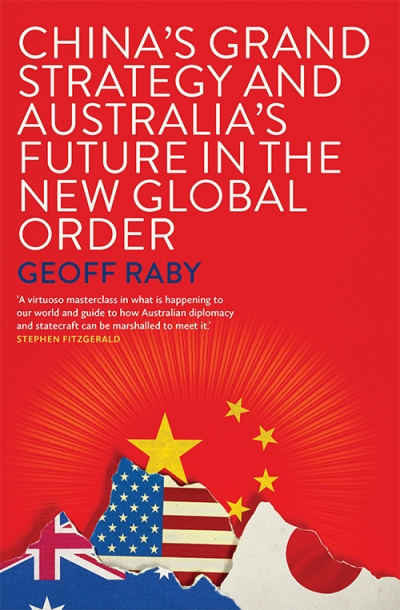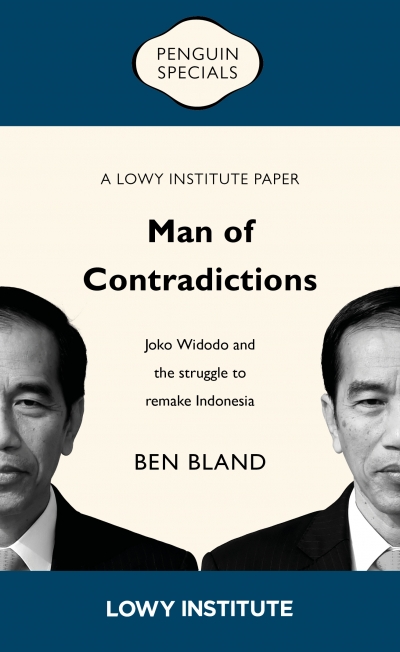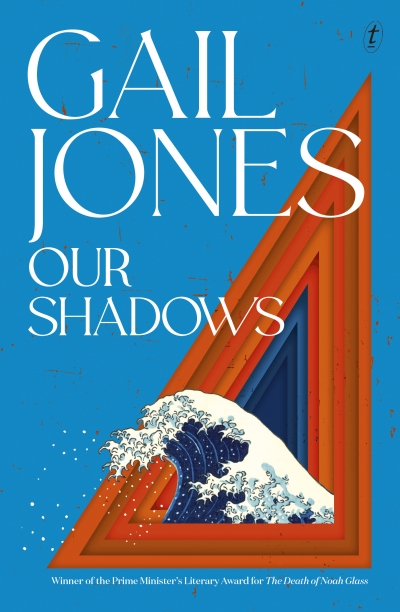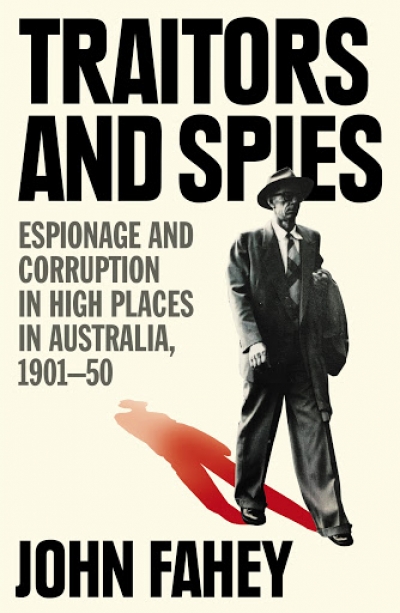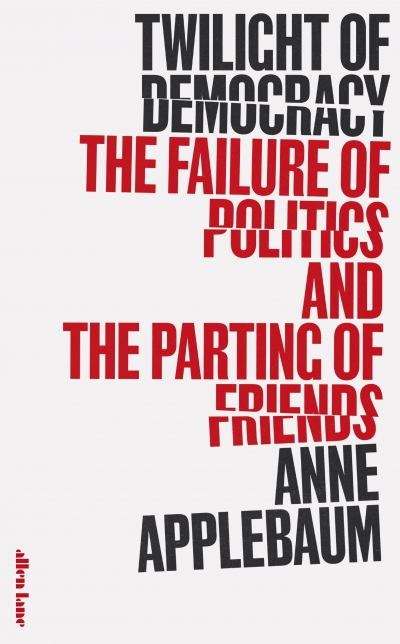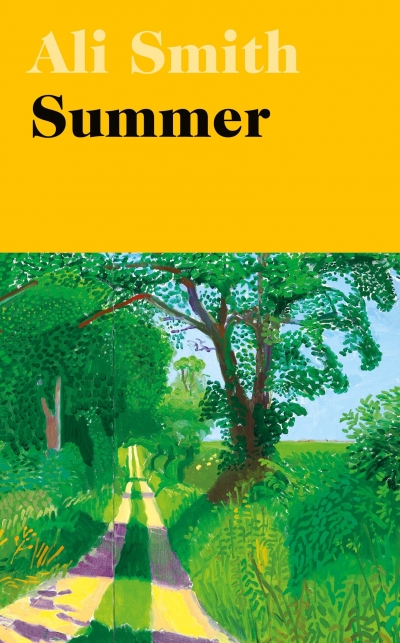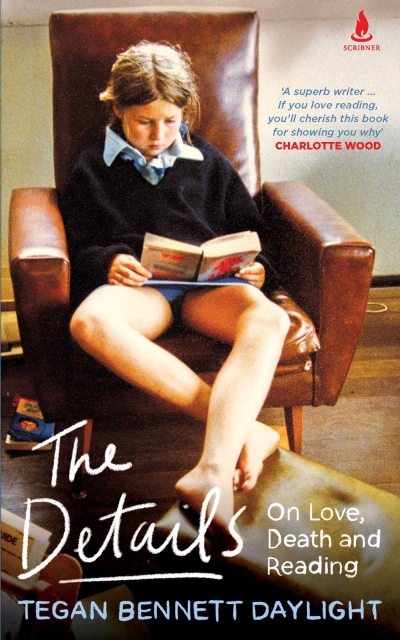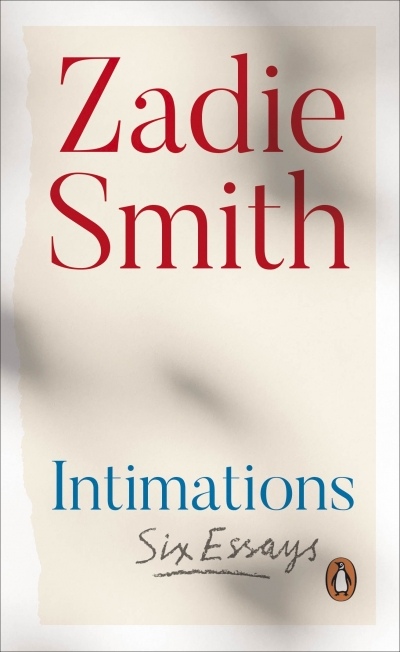Book of the Week
Sign up to Book of the Week and receive a new review to your inbox every Monday. Always free to read.
Recent:
Opening a review with a book’s first line allows a critic to thieve the author’s momentum for themselves. I am in a thieving mood. For the first line of Elena Ferrante’s new novel, The Lying Life of Adults, carries an enviable wallop: ‘Two years before leaving home my father said to my mother that I was very ugly.’ It’s the kind of line – charged, discomforting, and vicious – that makes Ferrante so electrifying to read. Ferrante’s novels are whetstones; her narrators are knives. When we meet twelve-year-old Giovanna Trada in this novel, she is a meek and dutiful creature – clever but incurious; a dewy-eyed admirer of her affluent parents and their hermetic life. Four years later, when Ferrante is finished with her, Giovanna’s heart is a shiv. Here is womanhood, Ferrante shows us once again: a relentless abrasion, a sharpening.
... (read more)China’s Grand Strategy and Australia’s Future in the New Global Order by Geoff Raby
Scott Morrison does not like to explain the decisions he makes on our behalf. Sometimes he just refuses to discuss them, as he did when, as immigration minister, he simply rejected any questions about how his boat-turnback policy was being implemented at sea. At other times he is a little subtler, as he has been this year while presiding over what will probably prove to be the most consequential shift in Australia’s foreign relations in decades. The collapse in relations with our most powerful Asian neighbour and most important trading partner is not just Canberra’s doing, of course; it has resulted from decisions made in Beijing too. But Australia’s recent and current choices have certainly contributed to the chill, and our future choices will do much to determine where things go from here.
... (read more)Ben Bland, a Financial Times correspondent in Indonesia in 2012–15 and currently director of the Southeast Asia Program at the Lowy Institute, had a ringside seat to watch the rise of Indonesia’s President Joko Widodo (also known as Jokowi). By his own account, Bland has met him more than a dozen times. Jokowi was a furniture-maker and -exporter, mayor of Solo, and governor of Jakarta before being elected president in 2014. Bland has written a good introduction to the Jokowi era that will appeal to the general reader but may leave the serious student of Indonesia unsatisfied.
... (read more)Tom Lehrer famously believed that Henry Kissinger’s Nobel Prize for Peace rendered satire impossible. Has Donald Trump’s presidency made the same true of political journalism? This may sound counterintuitive. After all, Trump has been a boon for news outlets and book publishing, as well as for social media. Bob Woodward’s Rage sold 600,000 copies in its first week. And that the dean of White House scribes herein abandons his trademark disinterest and pronounces authoritatively that ‘Trump is the wrong man for the job’ has been treated as news in itself. Yet so what?
... (read more)Gail Jones’s new novel, Our Shadows, provides readers with another virtuoso performance, showing a writer fully in control of her medium. It is a poetic and beautifully crafted evocation of shadowy pasts whose traumatic effects (in the world and in individual lives) stretch deep into the present and the future.
... (read more)Traitors and Spies: Espionage and corruption in high places in Australia, 1901–50 by John Fahey
I am a great fan of archives, and so is John Fahey, a former officer of an Australian intelligence service (the Defence Signals Directorate) turned historian. His previous book, Australia’s First Spies (2018), covered the same time period (1901–50) but focused on the good guys (our spies) rather than the bad ones (their spies). His itemised list of Australian, British, and US archival files consulted runs to several pages. Most of these are the archives of intelligence agencies. And here’s the rub: intelligence files contain many names, but not necessarily the names of actual spies.
... (read more)Twilight of Democracy: The failure of politics and the parting of friends by Anne Applebaum
‘Our age,’ begins the epigraph to Anne Applebaum’s book Twilight of Democracy, ‘is indeed the age of the intellectual organization of political hatreds.’ This disarming quote from French writer Julien Benda dates back to 1927; how little has changed in a century. Just one generation after the triumphant ‘end of history’ – and notwithstanding the impact of Covid-19, fleetingly referenced here – Western democratic societies are prey to institutional decline, increasing distrust, violence, and hatred.
... (read more)I could begin with a lark stitched into a letter. It’s 2020 and ‘all manner of virulent things’ are simmering. Sixteen-year-old Sacha writes to Hero, a detained refugee. She wants to send ‘an open horizon’. Unsure what to say to someone suffering injustice, she writes about swifts: how far they travel, how they feed – and even sleep – on the wing. The way their presence announces the beginning and ending of summer ‘makes swifts a bit like a flying message in a bottle’. Maybe they even make summer happen.
... (read more)The Details: On love, death and reading by Tegan Bennett Daylight
When William Blake wrote of seeing ‘a World in a Grain of Sand’, he meant the details: their ability to evoke entire universes. So did Aldous Huxley when, experimenting with mescaline, he discovered ‘the miracle … of naked existence’ in a vase of flowers. More recently, Jenny Odell’s bestseller How To Do Nothing: Resisting the attention economy (2019) made a case for rejecting productivity in favour of active attention to the world around us.
... (read more)On the July afternoon when I first read Intimations, novelist and prolific essayist Zadie Smith’s new book of essays, Melbourne registered its highest number of Covid-19 cases – 484 positives, with two deaths. Since then the daily tolls have risen alarmingly. Midway through the city’s second week of Lockdown 2.0, there is a nebulous feeling of dispiritedness. We mark time as belonging to a pre-Covid era or the present reality. Within the present there exist further subdivisions of pasts and presents marked by social distancing, mandatory mask-wearing, hopefulness.
... (read more)



